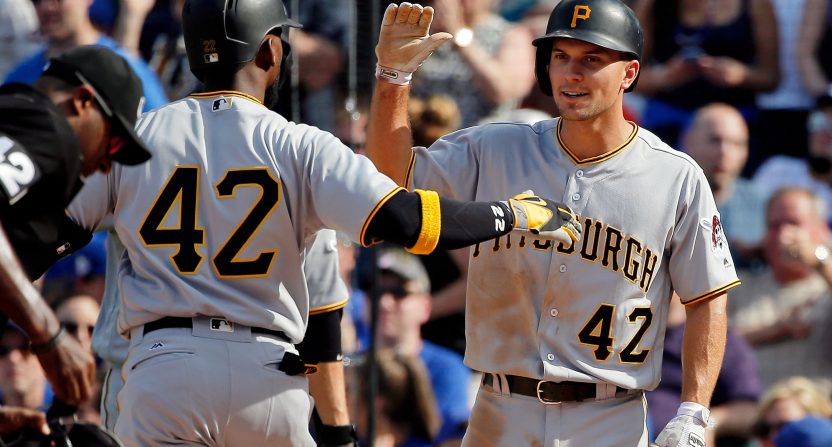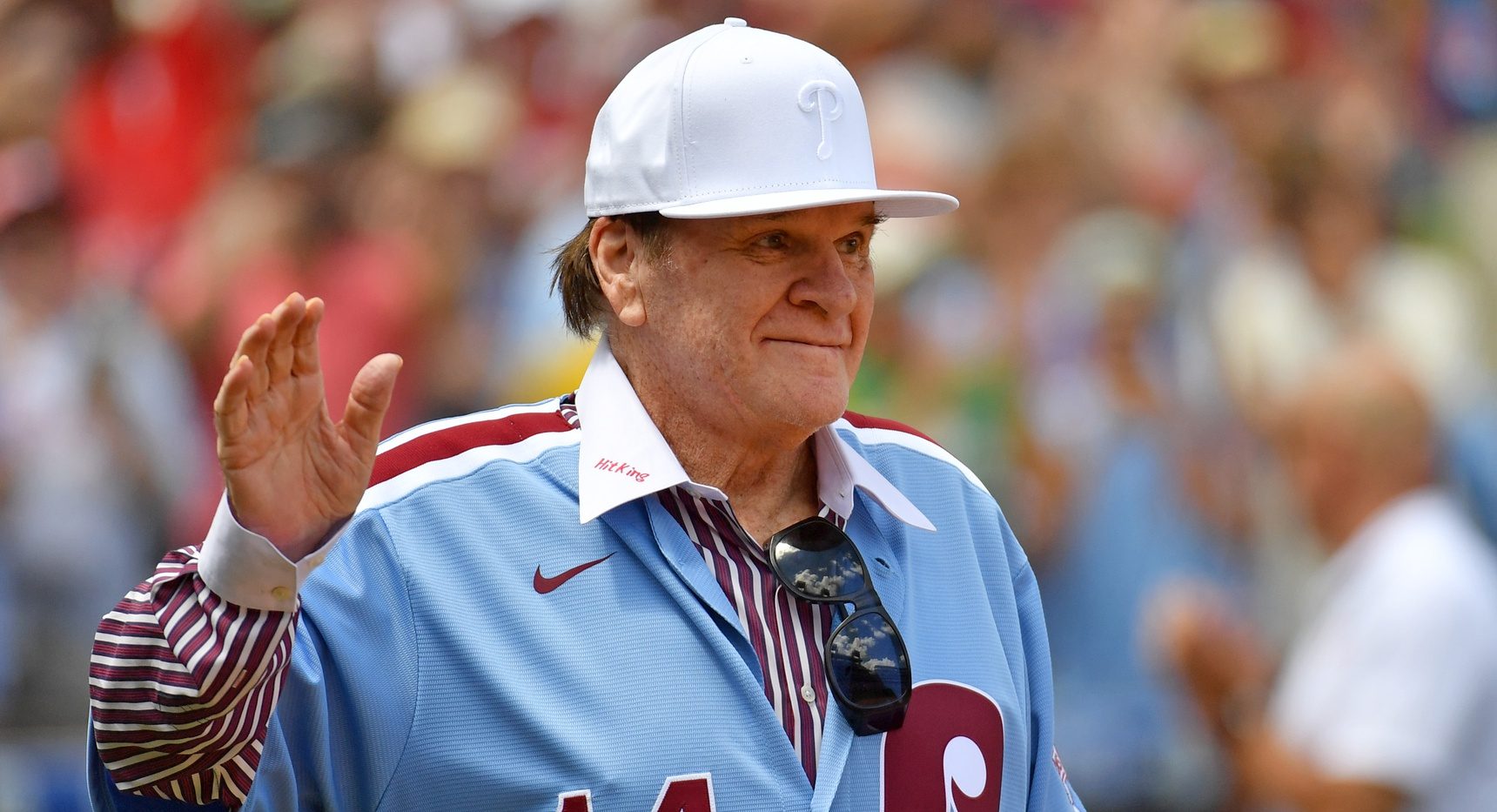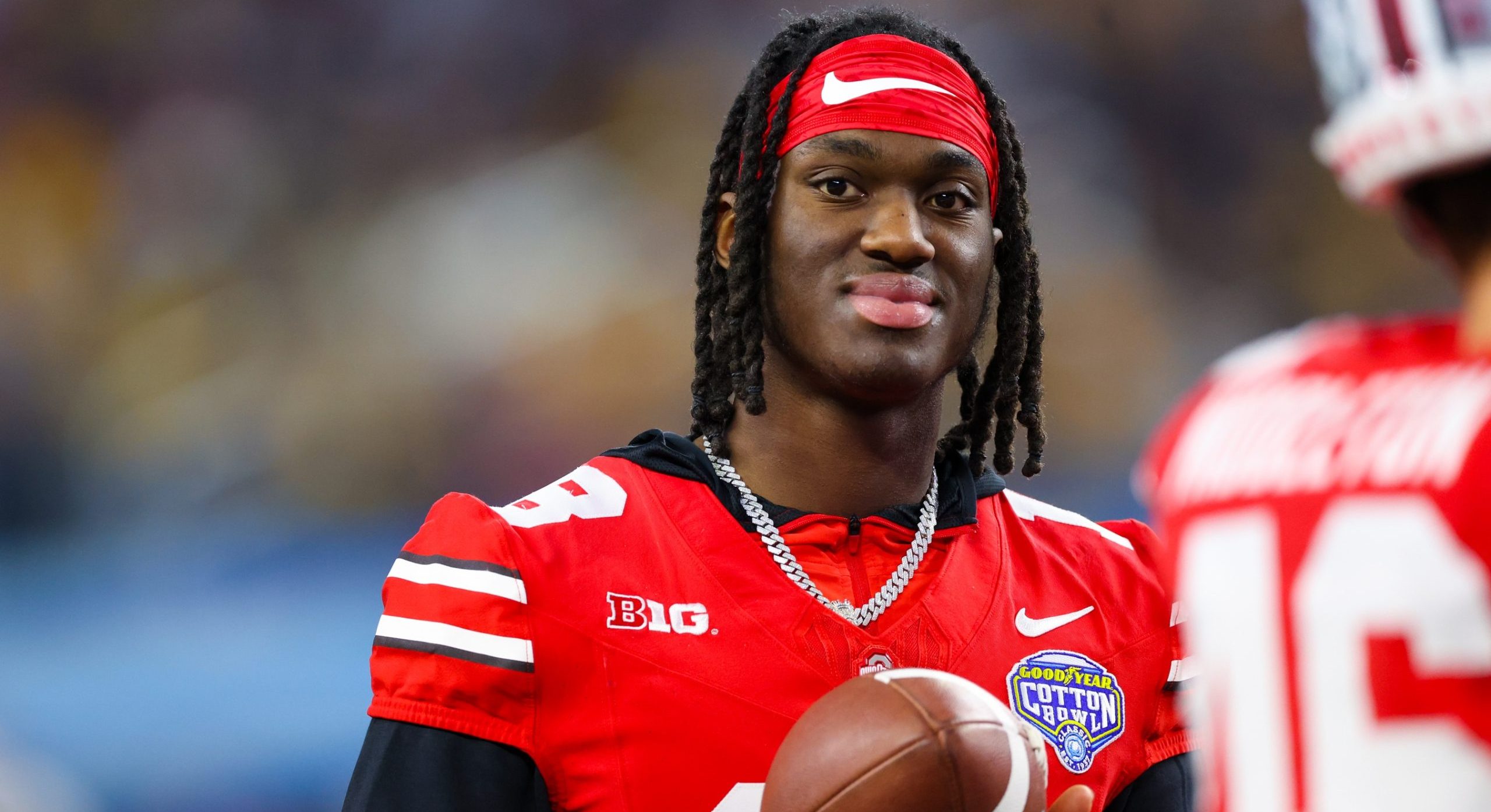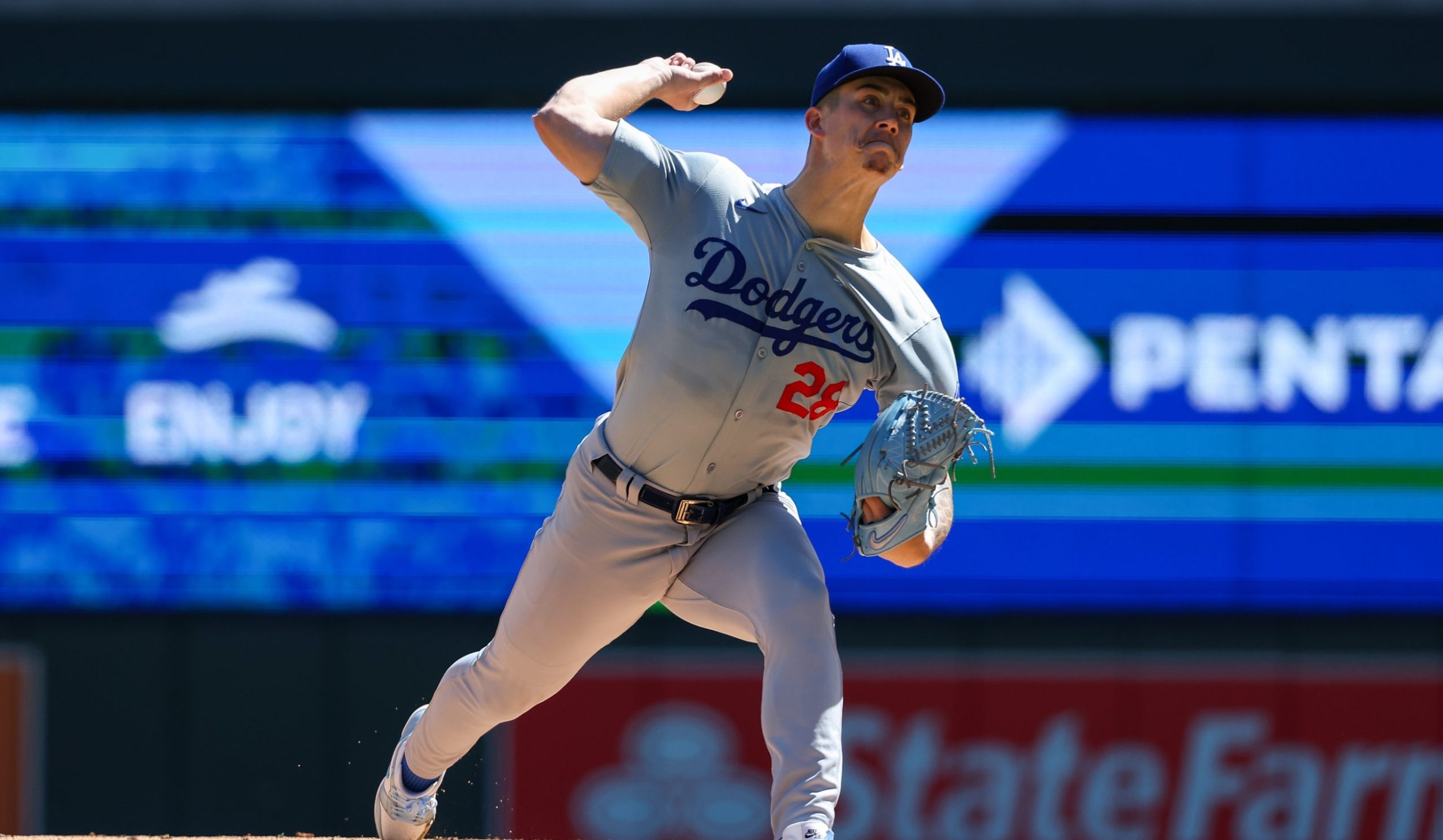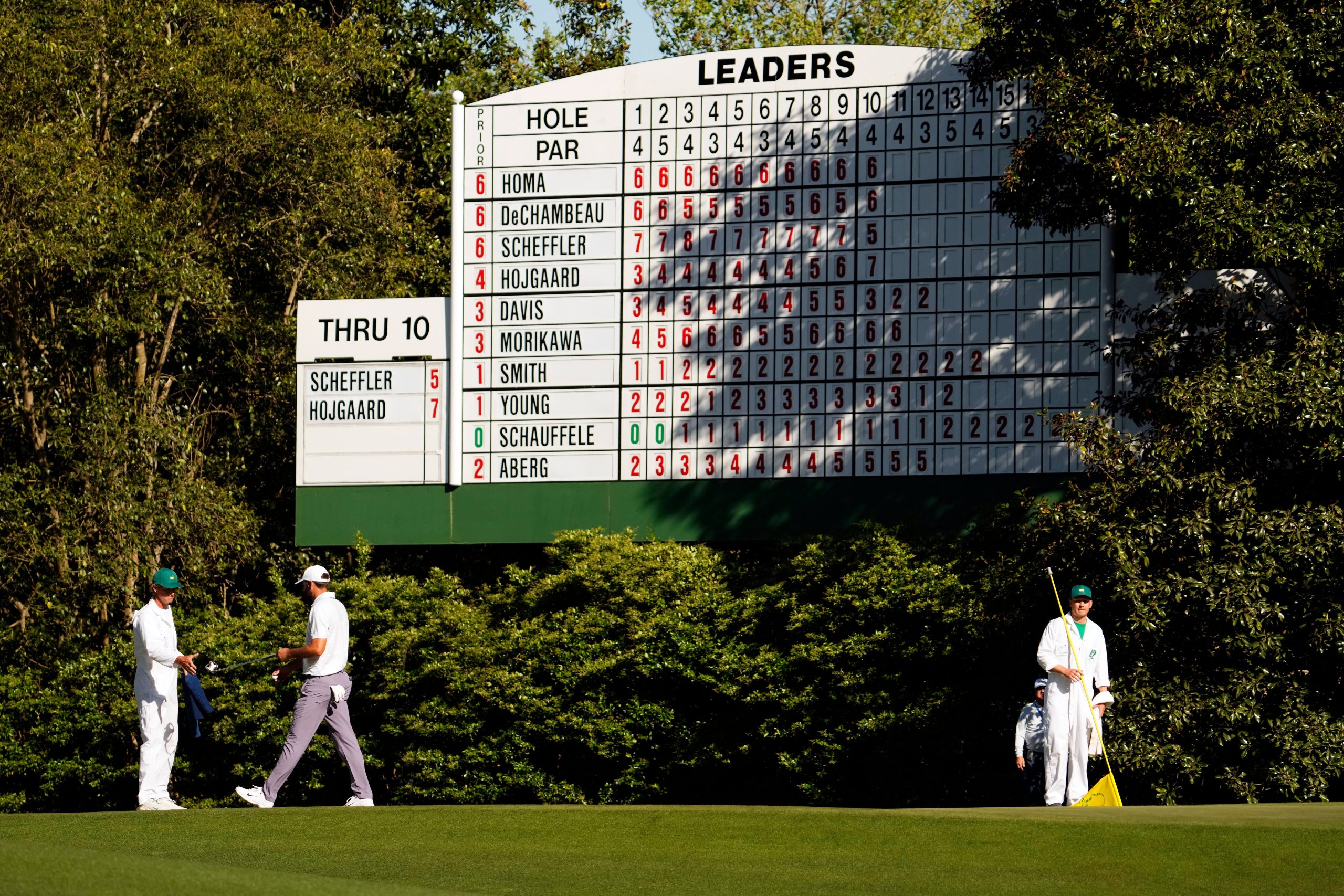Even in 2017, segregation and inclusion remain controversial subjects in America. Neighborhoods and schools are deeply divided by race, race-specific programs like affirmative action are highly polarizing, and a substantial contingent of American citizens believe the country should be more, not less, homogenous.
And for that reason, Major League Baseball’s annual Jackie Robinson Day, tacky as it may seem at times, has profound value.
Baseball, like the rest of the country, grapples with issues of diversity. The sport has many fewer black players than it did in previous decades and very few black managers or decision-making executives. Latinos are as prevalent in the game as ever, but they’re often resented by white players and fans for their expressive and emotional style of play.
No one in baseball still argues that black and Latino players shouldn’t be invited to MLB—thankfully, we put that issue to rest decades ago—but race and ethnicity are still relevant fault lines in the sport, as they are in the country.
On Jackie Robinson Day, which MLB celebrated Saturday, black players are asked about what Robinson’s legacy means to them. And many of them weigh in with their admiration for the man who broke baseball’s color barrier in 1947.
In 1947, Jackie Robinson stood up in front of thousands of people who were rooting against him & did what he did best – played ball! #hero pic.twitter.com/NHoic5zap8
— Curtis Granderson (@cgrand3) April 15, 2017
But you know who else gets asked to share their thoughts about Robinson? White baseball players, who likely spend less time thinking about racial discrimination than their black counterparts do. And for one day, at least, these white players express unambiguous support for inclusion—not just “tolerance” but active inclusion.
70 years ago you changed baseball… and you changed the world. Thank you. #JackieRobinsonDay #Jackie42 pic.twitter.com/vQQ5VQr3I0
— Mark Melancon (@Mark_Melancon_) April 15, 2017
It's always special putting on the number 42 jersey. #JackieRobinsonDay #42
— Mike Trout (@MikeTrout) April 15, 2017
Today is special. Thank you Jackie for all that you did for our beautiful game! We are forever grateful #42
— Dansby Swanson (@LieutenantDans7) April 15, 2017
Truth. Heart. Respect. #JackieRobinsonDay pic.twitter.com/lAsTUKJTqu
— Hunter Pence (@hunterpence) April 15, 2017
https://www.instagram.com/p/BS6MTPujZar/
Obviously it doesn’t take much critical thinking to send a tweet about Jackie Robinson. And of course support for the integration of baseball is no longer a controversial stance. In fact, Robinson has been rewritten as an apolitical hero we can all rally around (ignoring more complicated aspects of his ideology), so praising him is the opposite of a radical position.
But in lauding Robinson for breaking the color barrier and acknowledging how his entry into baseball changed the sport forever, white players and fans are forced to confront the virtues of opening their arms to people who are are different from them. And at the same time, they’re forced to reckon with that fact that sometimes the most qualified people for a job are denied opportunity based on their race or ethnicity.
We like to think that people like Jackie Robinson cured America’s deepest evils and ushered in a time of acceptance, inclusion and understanding. But any honest glance at the country reveals that discrimination is alive and well, and an annual conversation about Jackie Robinson can help remind us why that’s wrong.
Jackie Robinson Day certainly won’t heal America’s divisions—or even baseball’s divisions. And it can be frustrating to see MLB organizations with little commitment to inclusion patting themselves on the back for wearing No. 42 once a year. But talking about Robinson and applying his legacy to today’s issues will make the U.S. a better country and baseball a better sport.
Happy Jackie Robinson Day.

